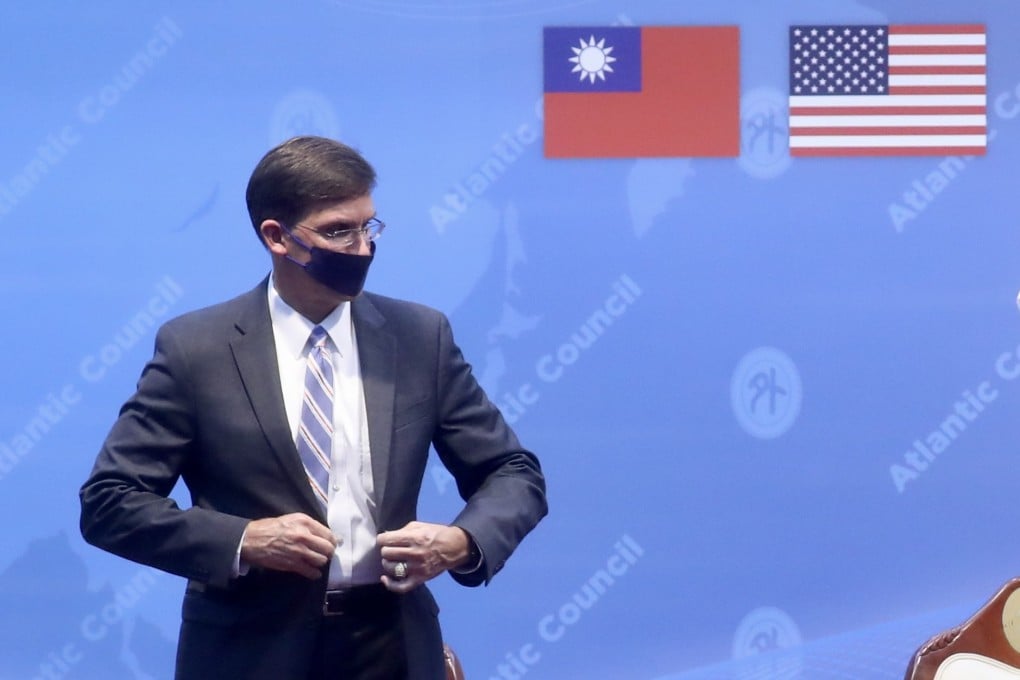Advertisement
Letters | The outcome of US-China power struggle seems to hinge more than ever on relations with Taiwan
- Readers discuss rising US-China tensions over Taiwan, Russia’s role in the downing of flight MH17 in 2014, media ambivalence to the climate crisis, and Shinzo Abe’s environmental legacy
Reading Time:4 minutes
Why you can trust SCMP

Feel strongly about these letters, or any other aspects of the news? Share your views by emailing us your Letter to the Editor at [email protected] or filling in this Google form. Submissions should not exceed 400 words, and must include your full name and address, plus a phone number for verification.
Cross-strait relations are poised to determine the ultimate balance of power between the US and China in the Indo-Pacific, as well as the possibility of an all-out conflict.
The increasing noise over Taiwan has highlighted the enormous stakes at play, and the geopolitical and economic importance of Taiwan to both the US and mainland China (“Beijing warns US of ‘forceful’ reply to Taiwan visit by Pelosi”, July 22).
Advertisement
The narrative in the West over the past two decades has shifted from wariness over Beijing’s intentions to outrage at its growing power.
Beijing sees no other credible option but to make clear that any further actions from Taipei or Washington that appear to challenge the entrenched order will be met with no-nonsense countermeasures. These measures will serve to prevent the pursuit of any change to the current order, and to send a message that the Taiwan issue remains off-limits in the West’s containment strategy.
Advertisement
Regardless of any change to Washington’s policy of “strategic ambiguity”, this remains Beijing’s ultimate red line. It will not allow Washington to use the island province as leverage in its aims to reshape power dynamics in the region.
Advertisement
Select Voice
Choose your listening speed
Get through articles 2x faster
1.25x
250 WPM
Slow
Average
Fast
1.25x